Michigan, known for its Great Lakes, automotive heritage, and vibrant cities, has seen shifts in population over the years. While some towns thrive, others face challenges leading to an outflux of residents. Let’s explore five Michigan towns that people are leaving and the reasons behind their decline:
Detroit
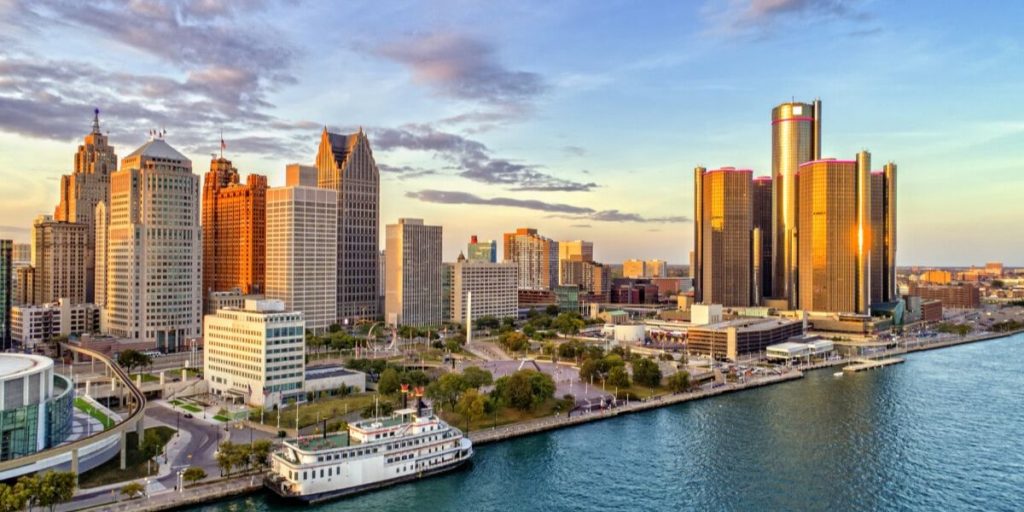
Population Flight: Detroit, once a bustling industrial hub, has experienced significant population decline over the decades.
Reasons:
Economic Challenges: Deindustrialization and job losses impacted Detroit’s economy.
Urban Decay: Abandoned buildings, crime rates, and deteriorating neighborhoods contributed to residents seeking better opportunities elsewhere.
Statistical Data: Detroit’s population peaked at nearly 1.85 million in 1950 but declined to approximately 670,000 by 2020.
Flint
Population Fall: Flint, another former industrial city, has struggled with a sharp decline in residents.
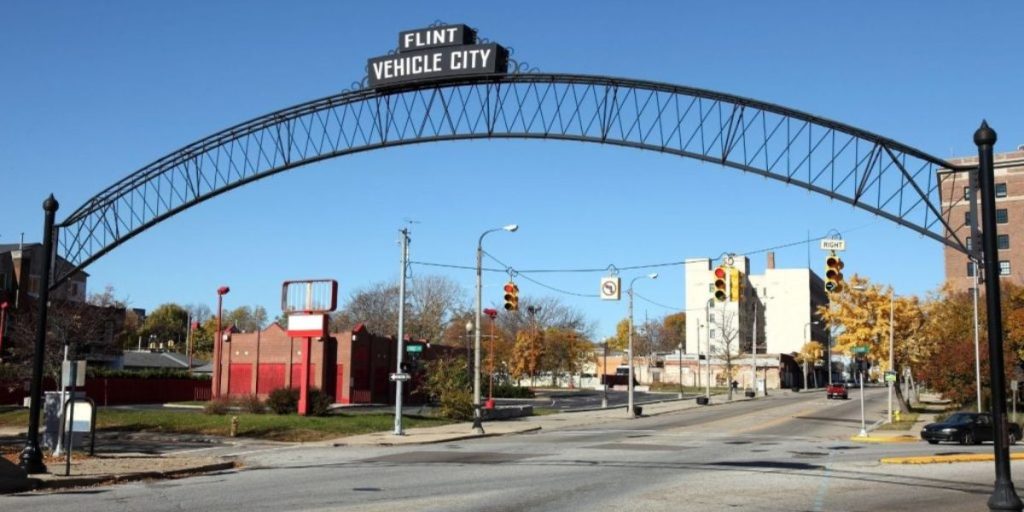
Challenges:
Water Crisis: The infamous Flint water crisis damaged trust in the city’s infrastructure and quality of life.
Job Losses: Industries leaving Flint led to unemployment and economic instability.
Statistical Data: Flint’s population declined from around 196,000 in 1960 to approximately 95,000 in 2020.
Highland Park
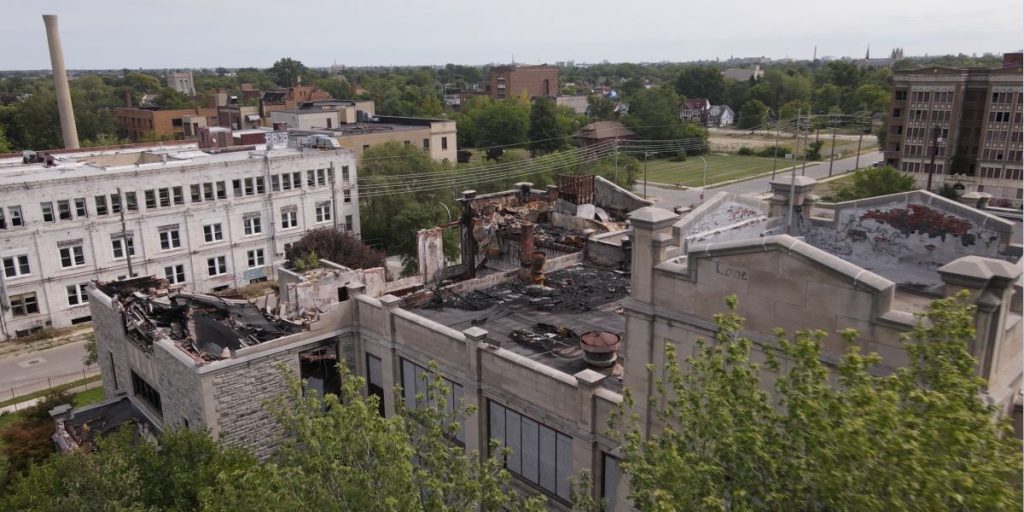
Deindustrialization Impact: Highland Park, a small city within Detroit, faces challenges due to deindustrialization.
Factors:
Lack of Investment: The city’s infrastructure and services suffered from disinvestment.
Limited Opportunities: Residents seek better prospects elsewhere.
Statistical Data:
Highland Park’s population dropped from about 53,000 in 1930 to roughly 10,000 in 2020.
Benton Harbor
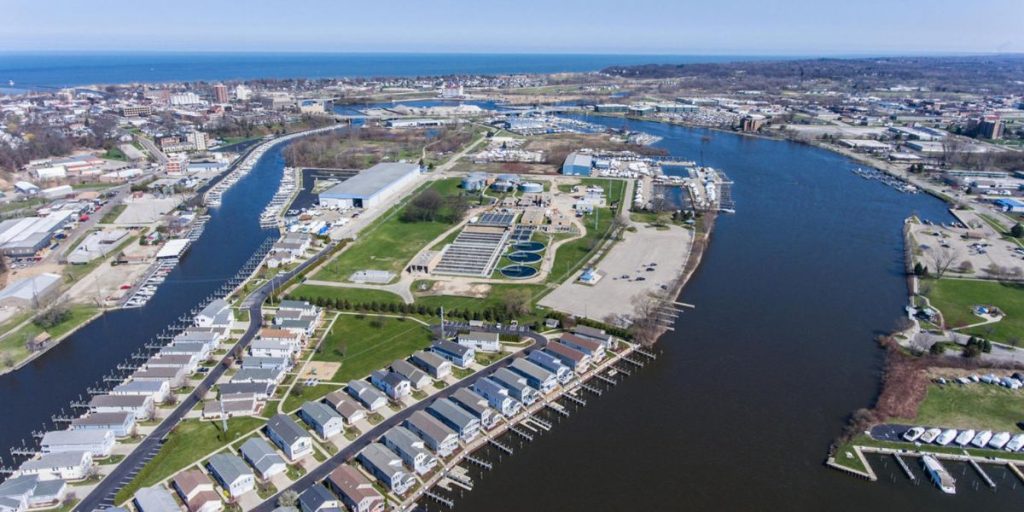
Population Struggles: Benton Harbor, located along Lake Michigan, has seen a decline in residents.
Reasons:
Economic Hardships: Limited job opportunities and economic struggles.
Educational Challenges: Schools faced difficulties, affecting families’ decisions to stay.
Statistical Data:
Benton Harbor’s population declined from approximately 19,000 in 1950 to around 9,000 in 2020.
Hamtramck
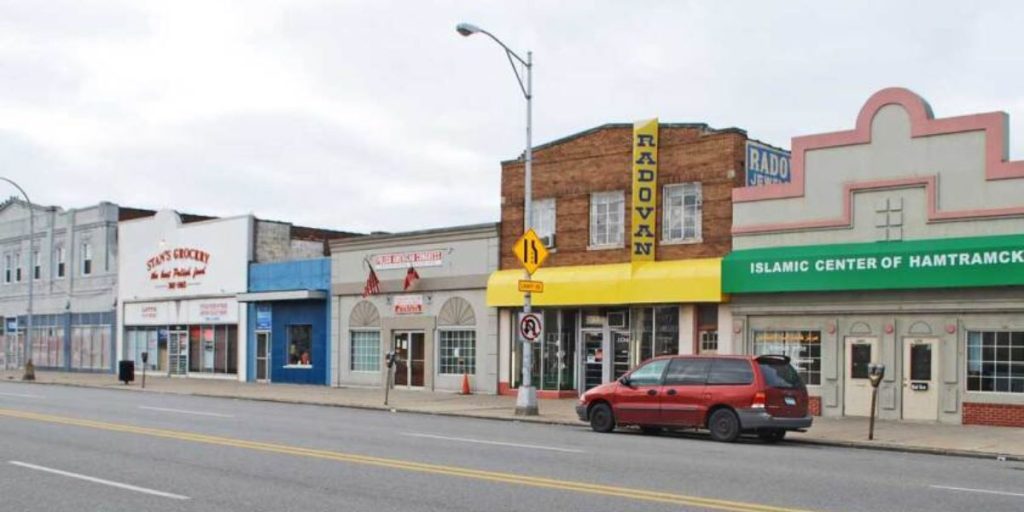
Shrinking Population: Hamtramck, a diverse city near Detroit, has experienced a decrease in residents.
Factors:
Housing Costs: Rising housing prices make it challenging for families to afford to live in Hamtramck.
Urban Revitalization: Some residents seek revitalized neighborhoods in other cities.
Statistical Data: Hamtramck’s population declined from about 48,000 in 1930 to roughly 21,000 in 2020.
Michigan’s towns grapple with various issues, from economic downturns to infrastructure challenges. As we address these concerns, let’s work toward creating vibrant communities that retain and attract residents.